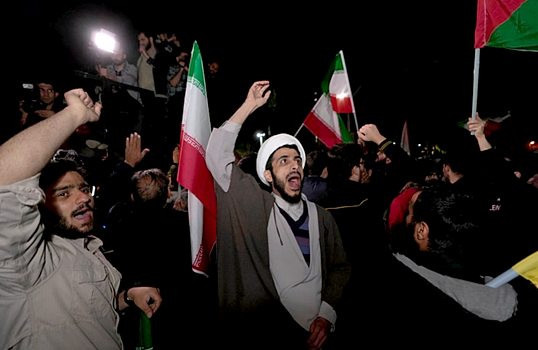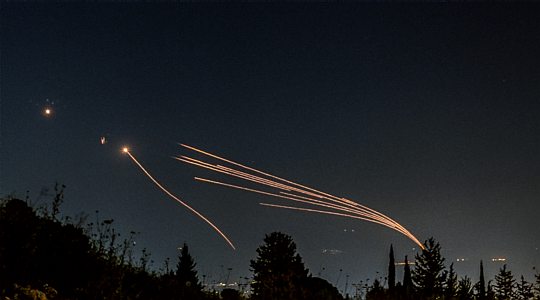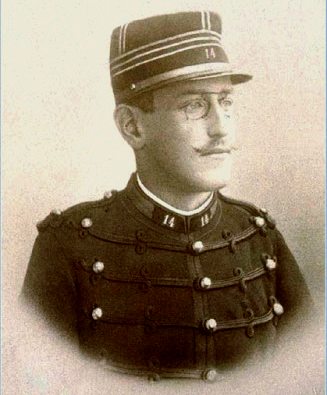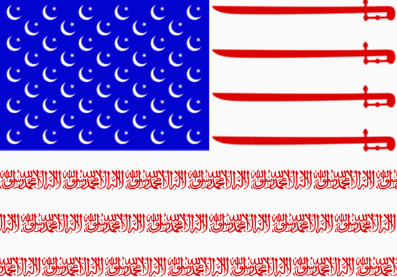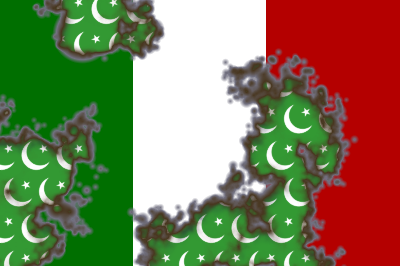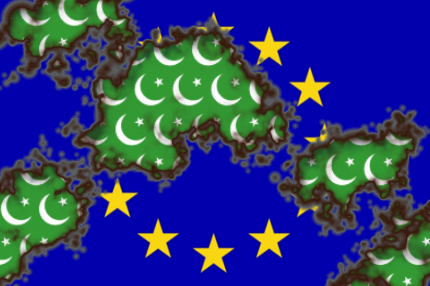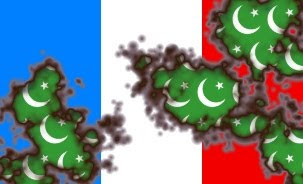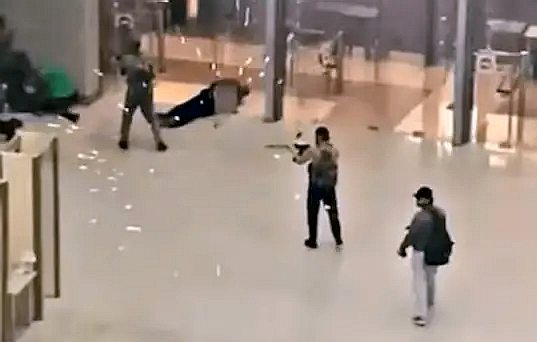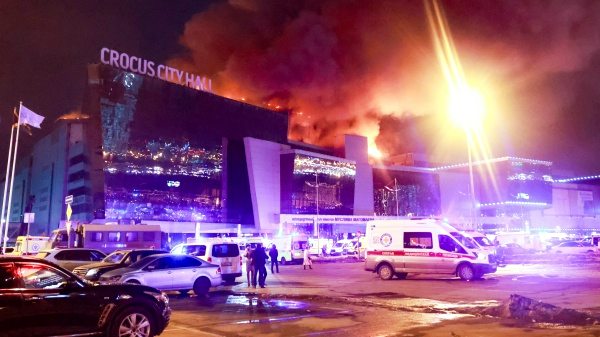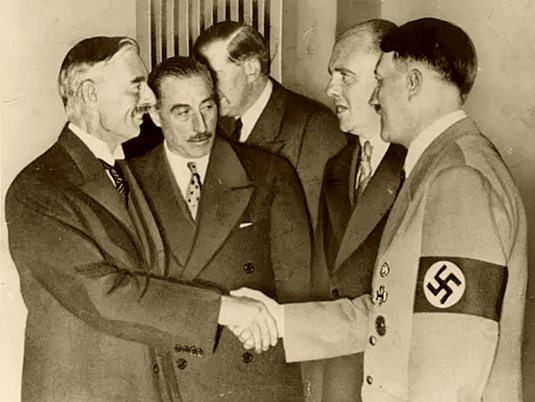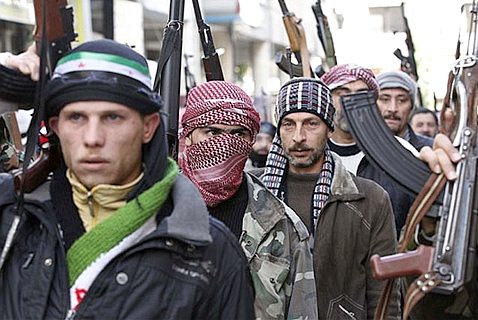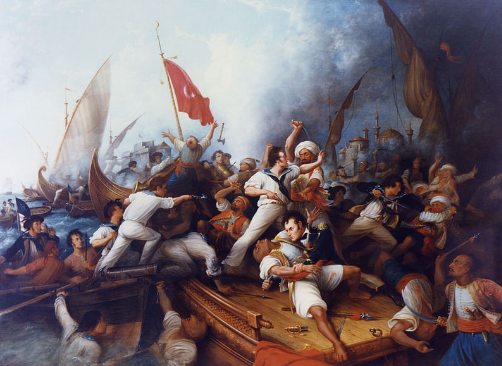On November 24, 2015 a Turkish F-16 shot down a Russian Su-24 supersonic tactical bomber over either Syria (the Russian version) or Turkey (the Turkish version). The crew ejected from the Russian aircraft, and one of them met a horrible fate when he parachuted into the hands of the mujahideen of a Turkmen militia in Syria.
As might be expected, the Russian government objected vehemently to what the Turks had done, and demanded that the Turkish government make amends. Turkish President Recep Tayyip Erdogan was defiant, however, and responded belligerently to Russia’s communications. He continued with his customary bombast and braggadocio for months afterwards.
As I followed these events in the news, I assumed that Turkey would eventually pay a price for its actions. Russia does not let that sort of attack go unanswered, especially one that is carried out by a less powerful adversary. But the Russians were (and are) patient and thorough, and I knew they would wait until the moment was right to exact their revenge on the strutting popinjay of Anatolia.
Mr. Erdogan continued in the same vein until the middle of the following June, when he suddenly changed his tune. Without any prior indication of contrition, on June 27, 2016 he made a groveling apology to Russia, obsequiously asking forgiveness for Turkey’s “mistake”.
A few days before the Turkish president said sorry, the Russian government had cut off all flights across the Black Sea to Turkey. The Anatolian beach resorts were favored destinations for Russian holidaymakers during the summer months, so this was a significant move. The Russian government also advised any of its citizens who were in Turkey to leave.
For his part, Mr. Putin declined to accept Mr. Erdogan’s apology. He said that unfortunately, an apology was not enough, and that Turkey needed to experience harsher consequences.
At that point I said to Vlad: “Holy [excrement]! Putin is about to do something to Turkey — wait and see!”
It was one of those rare occasions when, after putting a lot of data points together, I went out on a limb and made a specific prediction, on the record, with Vlad as my witness.
On June 28, 2016 — the very next day — a group of mujahideen carried out a suicide bombing attack at Atatürk Airport in Istanbul. 45 people were killed and more than 200 others wounded. Vladimir Putin expressed his sincerest condolences to the citizens of Turkey for the horrible tragedy that had befallen them.
Strangely enough, no terror group ever claimed credit for the attack. The attackers were eventually identified, and they hailed from the “stans” — Uzbekistan and Kyrgyzstan. Their atrocity may have been organized and coordinated by Chechen terrorists.
The FSB, continuing the work of its Soviet-era KGB predecessors, is known to have thoroughly penetrated all the terrorist networks in that part of Central Asia.
All of the above data points led me to conclude that Vladimir Putin had ordered the hit on the airport in Istanbul. As far as I’m concerned, that’s a fact, regardless of whether it can ever be proven.
Turkey was required to experience harsh consequences for shooting down a Russian jet, and it did. Afterwards Mr. Putin and Mr. Erdogan shook hands and made up. Cordial relations between the two countries were re-established.
And you can bet that Turkey will never, ever shoot down another Russian jet, not as long as Recep Tayyip Erdogan is in power.
* * * * * * * * * * * * * * *
I wrote the above recap of what happened eight years ago as a preface to the events of March 22, 2024. I assume that readers know the general outline of what happened at Crocus City Hall last Friday, so I won’t give a detailed account of the attack and its aftermath.
Here are some relevant data points that I have observed:
Continue reading →


